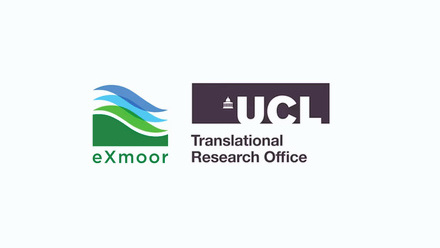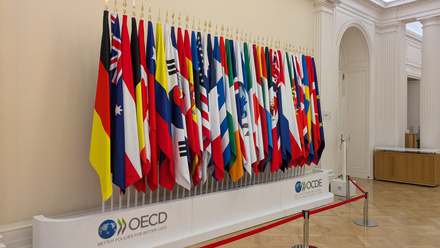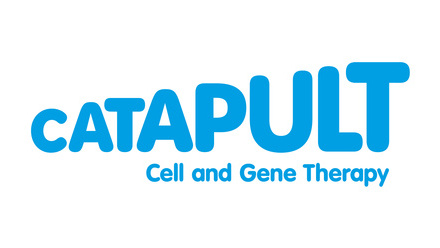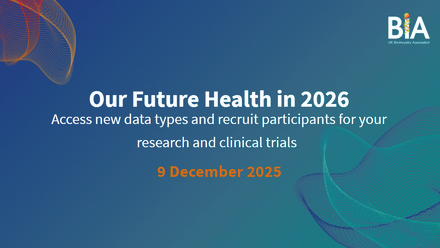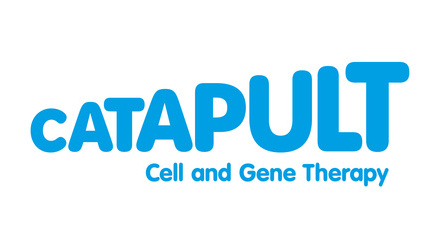UK companies driving cell and gene therapy: Autolus case study

Autolus Therapeutics plc (Nasdaq: AUTL) is a clinical-stage biopharmaceutical company developing next-generation, programmed T-cell therapies for the treatment of cancer. The latest BIA's UK cell and gene therapy report explores the usage of Autolus' CAR-T cell therapy, and the challenges and opportunities the company has had to navigate.
What does the company do?
Spun out of University College London, Autolus is a clinical-stage, UK-based life science company which has developed extensive programming capabilities for autologous cell therapies that have the potential to deliver life-changing benefits for patients. It is building an integrated next-generation CAR-T company for therapies across haematologic malignancies and solid tumours as well as autoimmune diseases.
How will it be used?
Autolus’ lead asset is obe-cel, a CAR-T cell therapy for the treatment of patients with adult B-cell Acute Lymphoblastic Leukemia (ALL). A US licensing authorisation application has been submitted to the FDA and a marketing authorisation application to the European Medicines Agency is expected in the first half of 2024.
What is the impact?
At present, the median duration of survival for Acute Lymphoblastic Leukemia (ALL) is two years, even with current best-in-class therapies. Adverse events such as Cytokine Release Syndrome (CRS) and Immune Effector Cell Associated Neurotoxicity Syndrome (ICANS) are a significant reason for this, and so reducing them with obe-cel has the potential to dramatically increase patient lifespans. Obecel has demonstrated a favourable safety profile to date, with very low rates of severe CRS and ICANS, and recent results from the pivotal study are promising, with 76% of trial patients showing complete response or incomplete recovery complete response.
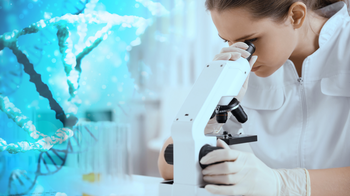
What are the opportunities and challenges?
Challenges: Ensuring that sufficient talent is present in the ecosystem to meet industry needs remains challenging, and Autolus recognises that this is shared across the ecosystem.
Similarly, investment in the clinical trial ecosystem is essential for several companies like Autolus to continue to develop and deliver patient benefits.
For CAR-T therapies manufacturing at scale and in a timely fashion is a particular challenge. To address this, Autolus has built a new manufacturing facility in Stevenage, the UK’s first commercial cell therapy manufacturing facility, which currently employs 200 people and is designed to operate at 2,000+ batches per year capacity with the opportunity to expand.
Opportunities: The collaborative ecosystem (in part fostered by the BIA) leads to the sharing of experiences, particularly around skills development, as well as partnering opportunities with academia and industry.
In addition, Autolus’ newly established manufacturing facility in Stevenage represents a significant increase in output and reduces the time for a patient to receive therapy. Like other innovative companies, Autolus relies upon rapid MHRA approvals and access to the UK market. Two Autolus products hold Innovative Licensing and Access Passports (ILAPs) and this with other innovative approaches to regulatory approval and reimbursement, with the expansion of the Cancer Drug Fund, stands to make the UK a more competitive location for bringing major new clinical advances to patients.
Why should investors invest in this space?
The UK remains a hub for innovative science and the growth of the cell and gene therapy space has been phenomenal. Comparing today’s capabilities – particularly manufacturing capabilities – with those of five years ago demonstrates how far the UK has come in this time. Autolus’ new facility was designed, built and validated in 24 months, compared to the global standard of four years to stand up comparable facilities in other countries.
The Northern Alliance Advanced Therapy Treatment Centre collaboration is a unique advantage for the UK in cell and gene therapies, bringing together government, NHS, industry and academia in a powerful and synergistic way to support commercial delivery of Advanced Cell and Gene Therapy products.
UK clinical trial growth has been encouraging. Cell and gene therapies represent a powerful and personalised treatment option with the potential to become the standard of care in many blood cancers and other indications.
What are the future trends for your products/processes?
The obvious place to start is to expand into new indications, and Autolus has data on both chronic lymphocytic leukaemia and non-Hodgkin’s lymphoma. In addition, moving into earlier treatment lines, where patients are typically fitter overall, has the potential to further improve outcomes. In addition, the company is moving its lead product, obecel, into autoimmune diseases with a study in Systemic Lupus Erythematosus (SLE) expected in early 2024.


